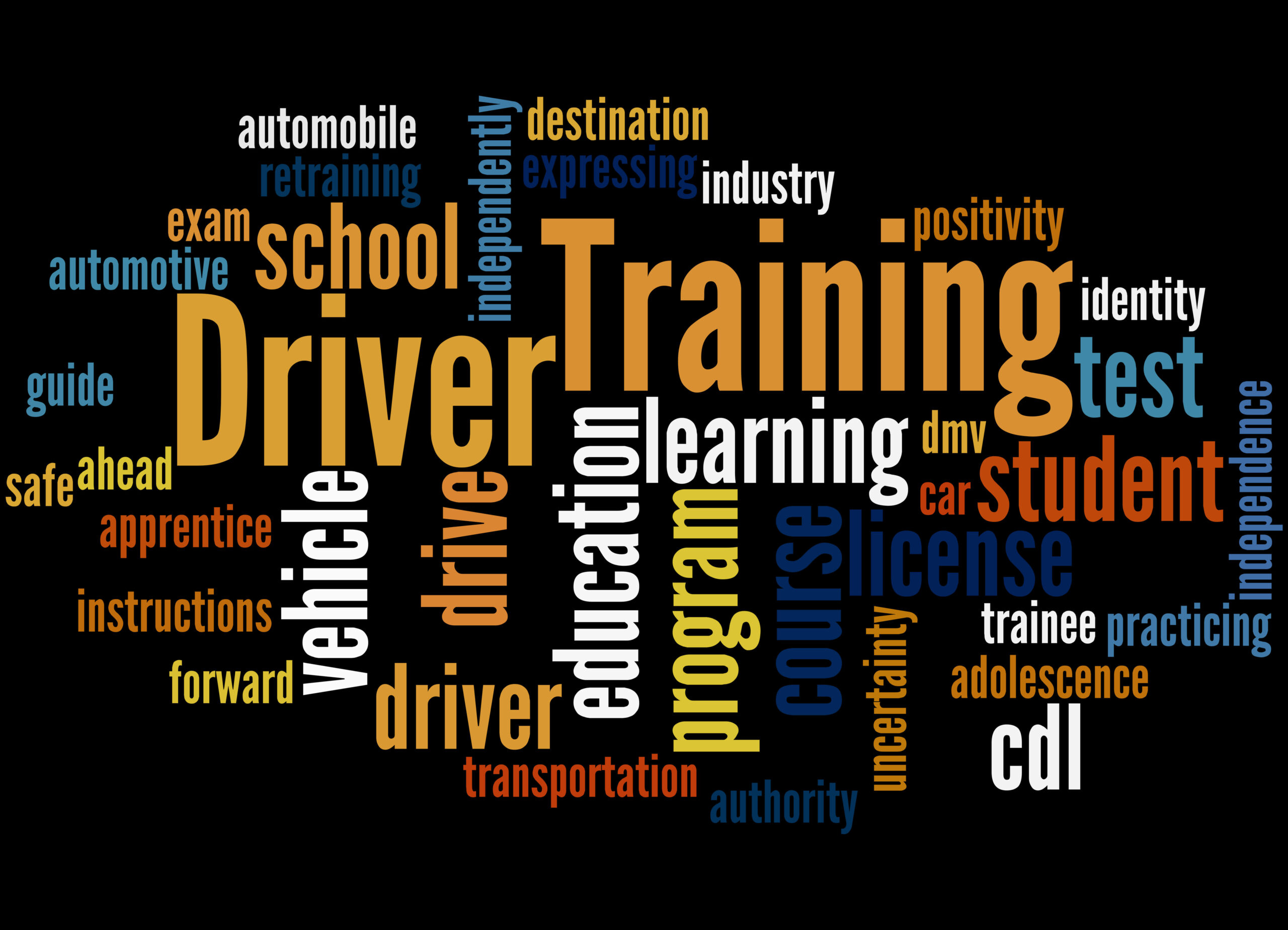As any driver training professional knows, parental involvement in the driver training process is one of the most overlooked yet essential factors in creating safer drivers. Research has consistently shown that when parents actively participate in their child’s driver training journey, it greatly enhances the learning experience and promotes safer driving habits among students. In this month’s edition of SPIDERnet, we’ll explore some actionable strategies to encourage parental support in your driving school.
- Start Here
- Traffic Safety Research
-
Top Driving Schools

-
Get Your Driver License

-
How to Get a License in Your State

- Alabama
- Alaska
- Arizona
- Arkansas
- California
- Colorado
- Connecticut
- Delaware
- District of Columbia
- Florida
- Georgia
- Hawaii
- Idaho
- Illinois
- Indiana
- Iowa
- Kansas
- Louisiana
- Maine
- Maryland
- Massachusetts
- Michigan
- Minnesota
- Mississippi
- Missouri
- Montana
- Nebraska
- Nevada
- New Hampshire
- New Jersey
- New Mexico
- New York
- North Carolina
- North Dakota
- Ohio
- Oklahoma
- Oregon
- Rhode Island
- South Carolina
- South Dakota
- Tennessee
- Texas
- Utah
- Vermont
- Virginia
- Washington
- West Virginia
- Wisconsin
- Wyoming
-
State Driving Laws

-
Permit Practice Tests

- Alabama
- Alaska
- Arizona
- Arkansas
- California
- Colorado
- Connecticut
- Delaware
- District of Columbia
- Florida
- Georgia
- Hawaii
- Idaho
- Illinois
- Indiana
- Iowa
- Kansas
- Louisiana
- Maine
- Maryland
- Massasschusetts
- Michigan
- Minnesota
- Mississippi
- Missouri
- Montana
- Nebraska
- Nevada
- New Hampshire
- New Jersey
- New Mexico
- New York
- North Carolina
- North Dakota
- Ohio
- Oklahoma
- Oregon
- Pennsylvania
- Rhode Island
- South Carolina
- South Dakota
- Tennessee
- Texas
- Utah
- Vermont
- Virginia
- Washington
- West Virginia
- Wisconsin
- Wyoming
-
DMV Handbooks

- Alabama
- Alaska
- Arizona
- Arkansas DMV Handbook
- California Driver’s Handbook
- Colorado
- Connecticut DMV Drivers Handbook
- Delaware
- District of Columbia
- Florida
- Georgia
- Hawaii
- Idaho Driver’s Handbook
- Illinois
- Indiana
- Iowa
- Kansas
- Louisiana
- Maine
- Maryland
- Massachusetts
- Michigan
- Minnesota
- Mississippi
- Missouri
- Montana DMV Drivers Handbook
- Nebraska
- Nevada
- New Hampshire
- New Jersey
- New Mexico
- New York
- North Carolina
- North Dakota
- Ohio
- Oklahoma DMV Handbook Drivers Manual
- Oregon
- Rhode Island
- South Carolina
- South Dakota
- Tennessee DMV Driver’s Handbook
- Texas
- Utah
- Vermont
- Virginia
- Washington
- West Virginia
- Wisconsin
- Wyoming
-
Find Online Driver’s Ed

- Find a Driving School
-
How to Get a License in Your State
-
What is S.P.I.D.E.R?

- Traffic Safety Research
-
Top Driving Schools

-
Get Your Driver License

-
How to Get a License in Your State

- Alabama
- Alaska
- Arizona
- Arkansas
- California
- Colorado
- Connecticut
- Delaware
- District of Columbia
- Florida
- Georgia
- Hawaii
- Idaho
- Illinois
- Indiana
- Iowa
- Kansas
- Louisiana
- Maine
- Maryland
- Massachusetts
- Michigan
- Minnesota
- Mississippi
- Missouri
- Montana
- Nebraska
- Nevada
- New Hampshire
- New Jersey
- New Mexico
- New York
- North Carolina
- North Dakota
- Ohio
- Oklahoma
- Oregon
- Pennsylvania
- Rhode Island
- South Carolina
- South Dakota
- Tennessee
- Texas
- Utah
- Vermont
- Virginia
- Washington
- West Virginia
- Wisconsin
- Wyoming
-
State Driving Laws

-
Permit Practice Tests

- Alabama
- Alaska
- Arizona
- Arkansas
- California
- Colorado
- Connecticut
- Delaware
- District of Columbia
- Florida
- Georgia
- Hawaii
- Idaho
- Illinois
- Indiana
- Iowa
- Kansas
- Louisiana
- Maine
- Maryland
- Massasschusetts
- Michigan
- Minnesota
- Mississippi
- Missouri
- Montana
- Nebraska
- Nevada
- New Hampshire
- New Jersey
- New Mexico
- New York
- North Carolina
- North Dakota
- Ohio
- Oklahoma
- Oregon
- Pennsylvania
- Rhode Island
- South Carolina
- South Dakota
- Tennessee
- Texas
- Utah
- Vermont
- Virginia
- Washington
- West Virginia
- Wisconsin
- Wyoming
-
DMV Handbooks

- Alabama
- Alaska
- Arizona
- Arkansas DMV Handbook
- California Driver’s Handbook
- Colorado
- Connecticut DMV Drivers Handbook
- Delaware
- District of Columbia
- Florida
- Georgia
- Hawaii
- Idaho Driver’s Handbook
- Illinois
- Indiana
- Iowa
- Kansas
- Louisiana
- Maine
- Maryland
- Massachusetts
- Michigan
- Minnesota
- Mississippi
- Missouri
- Montana DMV Drivers Handbook
- Nebraska
- Nevada
- New Hampshire
- New Jersey
- New Mexico
- New York
- North Carolina
- North Dakota
- Ohio
- Oklahoma DMV Handbook Drivers Manual
- Oregon
- Pennsylvania
- Rhode Island
- South Carolina
- South Dakota
- Tennessee DMV Driver’s Handbook
- Texas
- Utah
- Vermont
- Virginia
- Washington
- West Virginia
- Wisconsin
- Wyoming
-
Find Online Driver’s Ed

- Find a Driving School
-
How to Get a License in Your State
-
What is S.P.I.D.E.R?


















